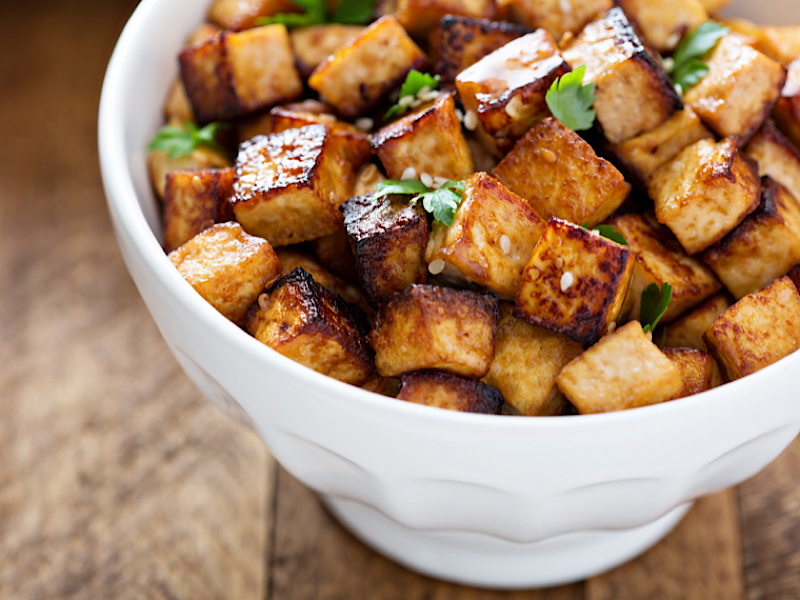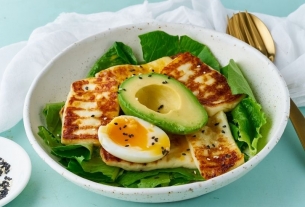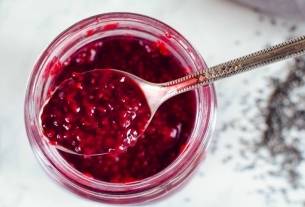I get asked all the time how I get my protein as a vegan. Honestly it wasn’t something I thought about when I chose this lifestyle. I’m still learning how to best fuel my body as my life, work schedule and activity level continues to change. Over the years, however, I’ve learned a few plant-based protein sources I think are great to have in your kitchen whether you are vegan or not.
The plant-based protein foods I choose to incorporate into my everyday diet are:
- Low-fat
- High protein
- Cost effective
I chose low-fat protein sources so that I can eat an ample amount of said food without going overboard in fats. Even healthy fats can be detrimental to your diet and physique if you aren’t consuming them in moderation. Foods like nuts, seeds, their butters, faux meats all are usually rather high in fat per serving. Eat these in moderation unless your goals call for a high-fat diet.
These plant-based proteins are also very high in protein per serving size. This matters because most people don’t have time to sit and eat cups upon cups of spinach or chickpeas to get to their desired protein goal. Also, some plant-based proteins (like legumes and beans) are relatively high in carbohydrates, which can throw some people off their dietary goals.
Lastly, it’s important to implement dietary changes that are also financially sustainable. High-cost protein powders, faux meats and other luxury grocery store items may not be affordable over time. Buy in bulk or during store specials to keep costs manageable. Also, look for reward or subscription programs that could also save you money.
Here are my favorite plant-based protein sources:
Tofu
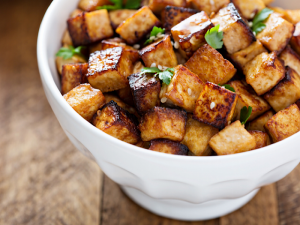
Made from soybeans, tofu comes in a variety of textures and is usually easy to find and inexpensive. Tofu is extremely versatile and can add low-fat, plant-based protein to almost any recipe. Try my Crispy Five-Spice Tofu!
Tempeh

Also made from soybeans, tempeh has a distinct umami flavor and a unique texture. In my opinion, it’s a bit quicker than tofu because you can simply slice it up, cook it up and eat it up! It’s slightly more expensive and not as easily available, but if you have the opportunity to try it, I highly recommend trying it!
Protein Pasta
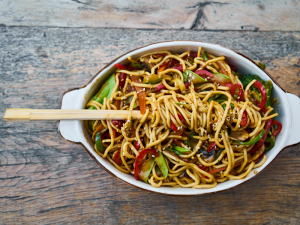
One of my favorite ways to get plant-based protein is high-protein pasta. Brands like Banza and Barilla make some amazing noodles that are made with chickpea or lentil flour. By using these flours instead of wheat flour, the noodles are naturally high in protein and gluten free! These noodles cook just like regular pasta but are extremely macro friendly. Try using protein-pasta in my Mix & Match Ramen.
Protein Powder
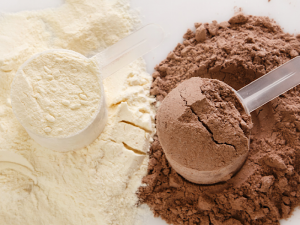
Incorporating a plant-based protein powder into your diet is a great way to get your daily protein intake. Whether you’re an avid gym goer or you live a more sedentary life, consuming the daily recommended amount of protein is a must. People of all ages should consume enough protein.
